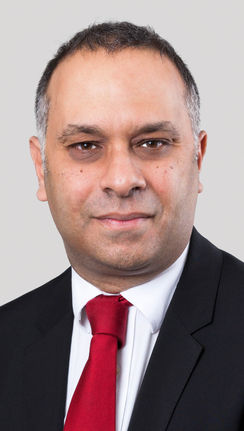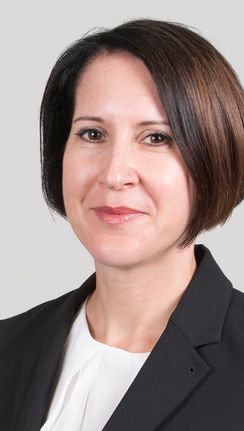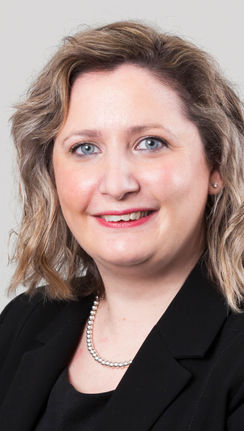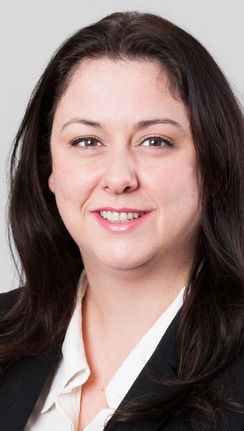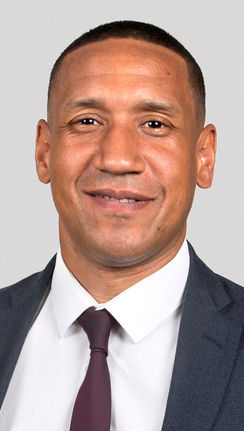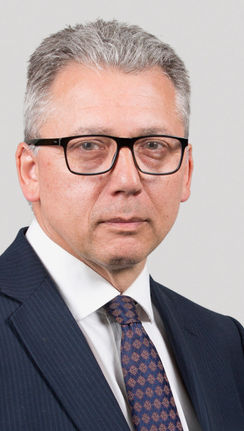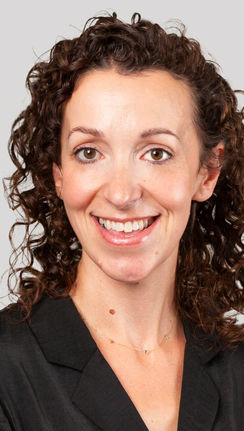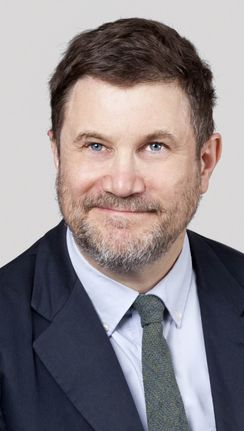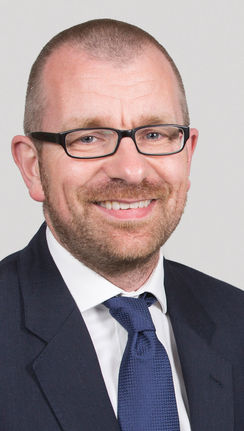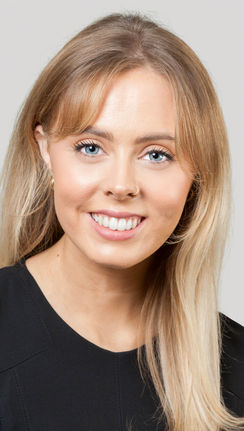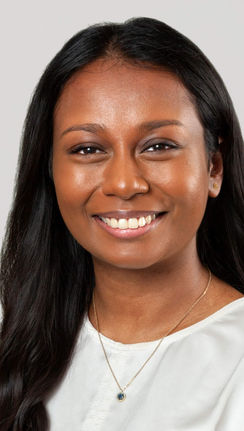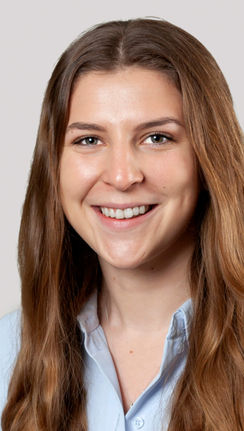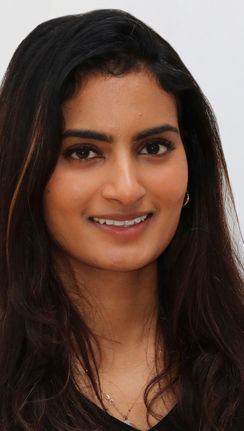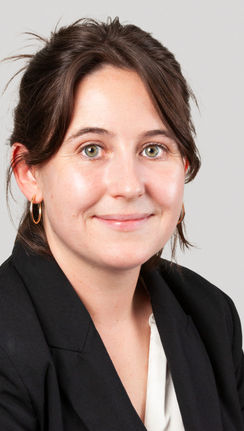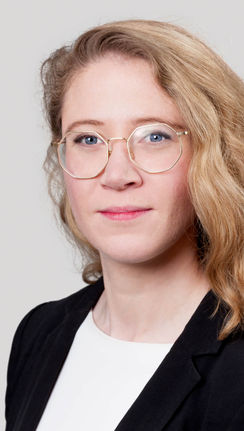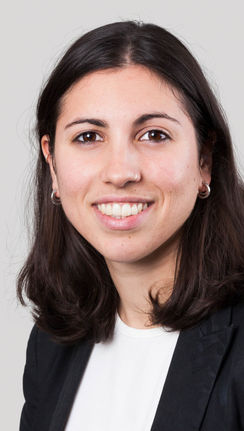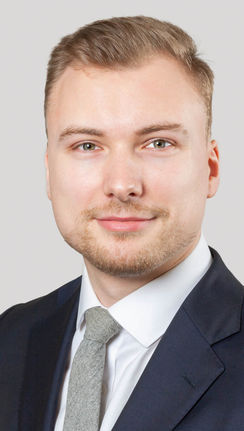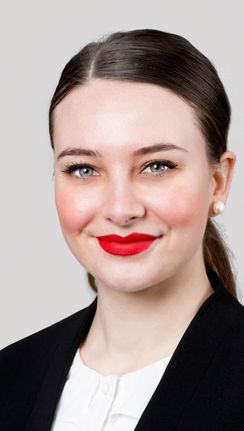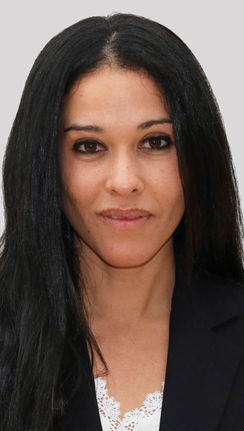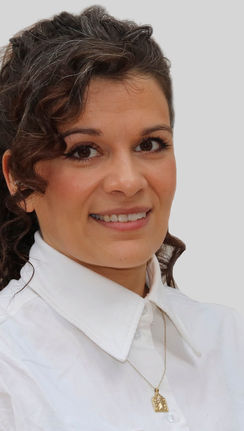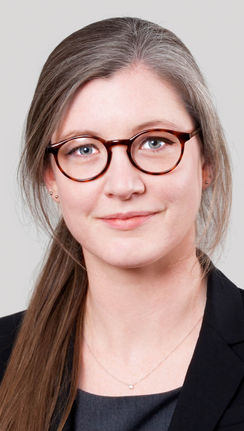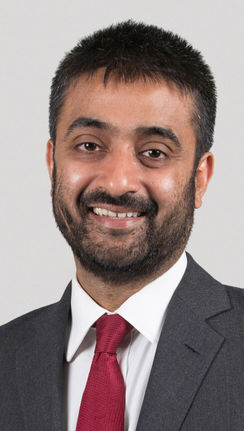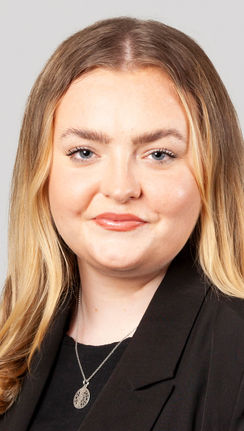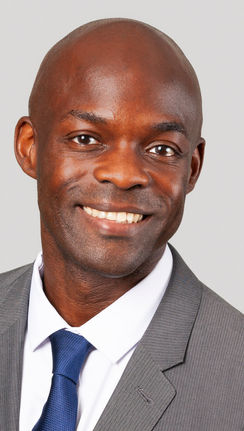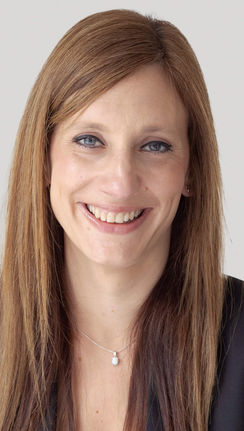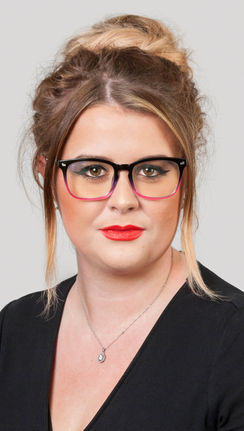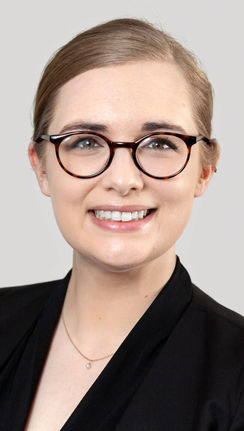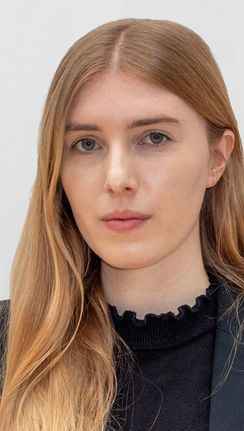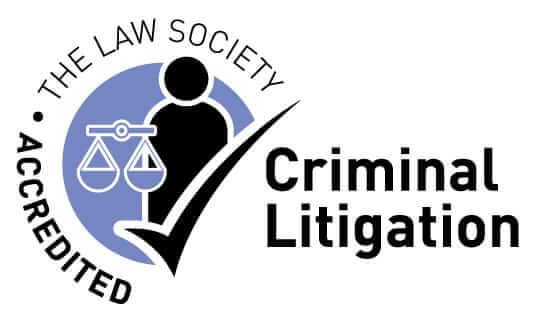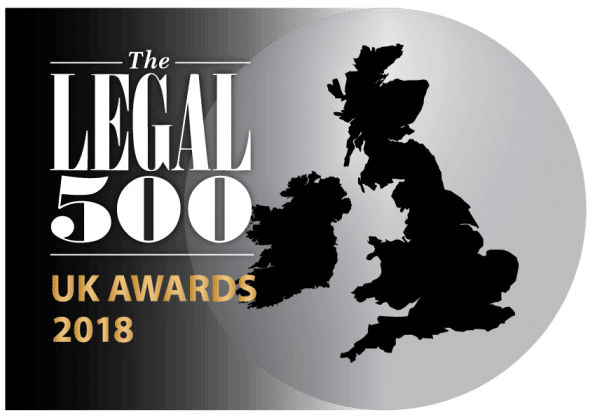Internet Offences
Being accused of an internet-related crime can be a distressing experience. The accusations alone can cause many problems, including damage to your reputation, potential loss of your job and income, and even the possibility of jail time.
All of this can be difficult to deal with. That’s why our specialist Internet Law Solicitors are here to help, offering you representation all the way from the police station through the rest of your case.
Probably the most prevalent offence being dealt with in the criminal courts is possessing or making indecent images of children. Many people who are prosecuted for this offence have never been involved in the criminal justice system before. If you have been accused, get in touch with our team as soon as possible so we can start building a case for your defence and advise you on how to proceed.
 Our Crime team have been ranked in the Chambers & Partners 2025 legal directory. The team was praised for being “committed to their clients and delivering an excellent service.”
Our Crime team have been ranked in the Chambers & Partners 2025 legal directory. The team was praised for being “committed to their clients and delivering an excellent service.”

“Hodge Jones & Allen importantly present a human face to its clients at what is a very frightening time in their clients’ lives. The team members have a strong knowledge of their area, but if they need clarification they will seek it rather than bluff. There is a strong emphasis on teamwork, with strength in depth.” – Legal 500, 2025
we can help.
0330 822 3451If you have been accused of an internet offence, get in touch with our specialist internet law team any time of the day or night to get access to the representation you need.
Request a call back
Why Choose Hodge Jones & Allen?
Our team of Internet Law Solicitors are hugely experienced in defending those who have been accused of crime. We can offer you support from the moment you are arrested, working with you to build a case for defence and making sure every aspect of the process is fair for you.
Our Sexual Offence Lawyers have represented hundreds of clients accused of these types of offences. With Hodge Jones & Allen, you can expect to be treated sympathetically and without judgement, whatever you have been accused of.
We understand that this is not just a criminal law problem – in our multi-disciplinary practice, we can help you with employment, family and reputational issues that arise from being accused of such offences. If you feel you do have a problem, for instance with sex addiction, we can get the right help for you, to assist you and to help your case.
You may know nothing about the images which have been found on your computer. Our internet law specialists have dealt with many contested cases and successfully run most possible defences.
Is it possible that someone else was viewing unlawful images on your computer? Have you been bulk downloading pornography or even sharing innocent files which contained child images you didn’t want or ask for?
There may be a number of reasons why indecent images are found on your computer, and we will explore them. This will most likely involve instructing our own forensic experts who will analyse the devices with greater accuracy and depth than the prosecution. We have the experience and know how to liaise with these experts, based on our knowledge and expertise and knowledge in how computer systems operate.
We will also work on managing your public exposure and help you, both before court and in the years to come, with the ongoing consequences of a potential conviction – dealing with the sex offenders’ register, Sexual Harm Prevention Orders, and restrictions on your working life. These are areas improperly understood and often ignored by Lawyers who are not specialist indecent image Solicitors.
What Is The Law Surrounding The Internet?
Indecent images are sexual videos or photographs of people under 18. They are prosecuted under two pieces of legislation: section 1 of the Protection of Children Act 1978 (making) and section 160 of the Criminal Justice Act 1988 (possession).
Neither of these laws is really fit for purpose today, designed as they were for physical photographs or films. ‘Making’ is now much the same as possession because accessing an image on a computer is treated as making it.
A ‘pseudo-photograph’ is an amalgam of a photograph of an adult and a child – for instance a child’s face grafted onto an adult’s body. These are also unlawful.
There are a number of specific defences to these charges, such as that the images were held for academic study, but these rarely apply. Usually the question is whether the person accused was responsible for the images or knew they had them.
"VERY PROFESSIONAL AND PERSONAL SERVICE AND ADVICE. EXTREMELY KNOWLEDGEABLE AND THEIR ROBUST APPROACH OF YOUR DEFENCE IS NEXT TO NONE. I TOTALLY FELT AT EASE EVERY STEP OF THE WAY WITH THEM BY MY SIDE AND IN MY CORNER."
Police Investigations And Internet Offences
One of the difficult things about being accused of an indecent image offence is that the police investigation alone can take many months, because of the need to analyse computers and devices. We will help you through that difficult time.
Police will start an investigation because:
- They have been tipped off by an internet service provider.
- They have infiltrated a chat-room or peer-to peer sharing programme where images are discussed or shared.
- They have arrested another person and have found contacts on his devices.
- Images have been found on a device by another user.
Sometimes our clients will contact us because they think they are under investigation. More often the police have already attended and searched their homes and taken away all the computers, mobiles, hard drives and memory sticks that they can find. Some of these will be sent for full analysis, others returned quite quickly.
The police will either arrest and interview at this stage or invite you in for an interview once the analysis is complete. We would rather be involved in the initial interview, but can also take the case over from non-specialist legal advisors.
Other Internet Offences
Many sexual offences now involve a use of the internet or an online presence. Our Internet Law Solicitors specialise in dealing with these allegations with sensitivity and an expert knowledge of the law, the circumstances in which they arise, and the technology involved. We have dealt with the full range of such offences, including:
Possession Of Extreme Pornography
These are generally images of bestiality or extreme sado-masochism. In the leading case of R v Walsh we persuaded the court that the S &M images found on our client’s computer were not extreme enough to be criminal, thus effectively limiting the scope of this offence. Even the courts often don’t really understand this offence and consider punishments in line with indecent image cases – we think this is a much less serious offence and usually manage to persuade the court of that.
Possession Of Prohibited Images
Cartoons featuring sexual images of what appear to be children. Many people don’t know this is an offence. Manga or anime type Japanese cartoons may fall into this category. Police will rarely specifically investigate this offence, but may find and prosecute these images when looking for other material.
Revenge Porn
A new offence usually involving posting sexual images of a person without their consent and often arising out of a failed relationship. Evidence in these cases is often strong and our clients need good advice about whether or not to contest the case.
Obscene Publications Act Offences
There are two major cases on the Obscene Publications Act – the Lady Chatterley case and our case of R v GS which dealt with the definition of ‘publishing’. This offence is rarely prosecuted, but we have represented a number of clients prosecuted under it for obscene writings.
Sexual Communications With A Child
This is a relatively new offence usually arising from internet ‘chat’. In some cases ‘paedophile hunters’ and extortionists pose as young people.
Grooming
Involves communicating with an underage and the meeting or trying to meet them. Again, clients we represent are often actually dealing with a police officer or freelance ‘investigator’.
How Could Images Get On My Computer Without Me Knowing?
There are a number of ways. Obviously, there may be the possibility that someone else has used your computer, either with or without your knowledge. File sharing, particularly in bulk, is dangerous, as you have no real idea what you are receiving.
We have come across instances where our clients have obtained completely innocuous files in this way that contained pornographic and illegal images. At Hodge Jones and Allen our indecent image solicitors will explore all the alternatives, using the best forensic specialists when necessary.
Who's To Say How Old A Person In A Picture Is? They Might Look Young But Actually Be Over Age.
This is a problem, particularly since some websites feature youthful models. Most legitimate websites contain age verifications however, which can be traced. Its also worth remembering that there are billions of pornographic images on the web, but thankfully only a tiny percentage feature anyone underage.
So if its questionable, the person is probably over 18. We have had considerable success in persuading courts and juries of this.
If I’m Talking Online To An Undercover Police Officer, Then Surely I’m Not Talking To A Child?
That is true and you wouldn’t then be guilty of sexual communications with a child or grooming. However, you might be guilty of attempting to do those things. Its then a question of what was going on in your mind – did you really think you were speaking to someone underage or was it all fantasy. We have faced this situation on many occasions.





